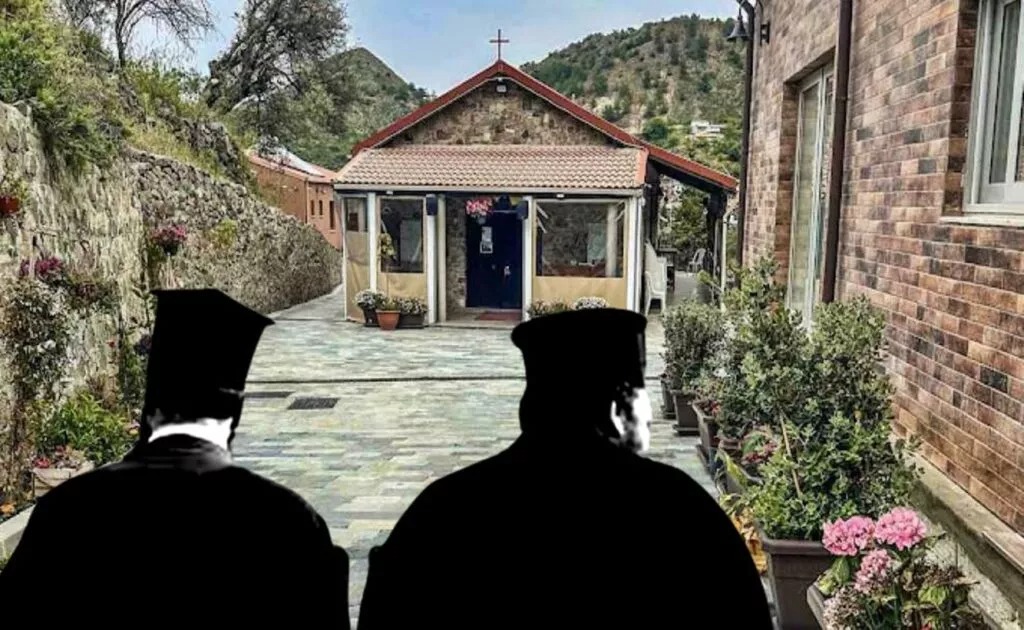The image of a monk with a squeaky voice shouting “out, out, out!” while appearing to strike a woman, is certainly quite amusing to a society that delights in peeking through the keyhole to see what the neighbour, relative, godparent, or villager is doing or saying.
Even more so when the protagonists of such incidents are individuals from the Church and holders of authority. Reality has become a serial drama that has transfixed public opinion, which stands agog on the one hand, and on the other, eagerly awaits the next episode of this soap opera.
But what they are watching is real life, and the peepers are those who are apparently aroused by the idea of secretly observing the lives of others. It’s the same thrill experienced when reality TV first hit Greek and Cypriot screens, with the “Big Brother” format achieving incredible ratings and sparking various discussions on this new TV product. What is it, essentially? A group of bored individuals are locked in a house fitted with cameras that record almost every move they make, and millions are transfixed in front of their screens, watching them scratch or bicker and idle their time away.
As a society, we are excited by the idea of secret observation and take great satisfaction in meddling in other people’s business, while ignoring our own. The difference is that, in a reality show, the rules are explained beforehand.
The issue of cameras and the leaks of material from the Monastery of Osios Abakoum is very serious, and those who don’t realise its gravity are indeed naive. It’s evident that something was amiss at this particular monastery. Whether there are financial scandals, exploitation of believers, or other such matters is an even more serious topic.
Here, the state has primary responsibility, and the Church secondary, to protect citizens from any charlatan who might present themselves as a wonderworker or holy man and sell ceremonies to cure serious illnesses. In this case, the Church has serious responsibilities, for it allowed things to reach this point. Some things were shouting out for attention long ago.
But the presence of cameras in the monastery’s spaces, recording image and sound, not just of the monks but also of the thousands of visitors, is an entirely separate, huge issue.
Who exactly installed this system of monitoring people in public spaces, such as a monastery? And more importantly, who has access to this material and can leak it at their discretion?
Is it lawful for anyone to possess the personal moments of anyone else? By personal moments, I don’t necessarily mean participation in a sexual orgy or an attempt to commit a crime. Even if there were romantic entanglements or other such situations, it doesn’t mean that someone has the right to possess and use this material as they see fit.
A personal moment can also be a desperate individual seeking solace in a monastery, grasping for hope. Such a person can easily be deceived. It doesn’t mean, however, that they want to see themselves turned into a laughing stock for anyone’s amusement, either on social media or elsewhere. Anyone is free to visit a public space like a monastery at any time and for any reason. Why should these moments be recorded and fall into the hands of anyone who might, tomorrow, use them for blackmail or threats?
Have we, as a society, paused to consider how dangerous this is?






